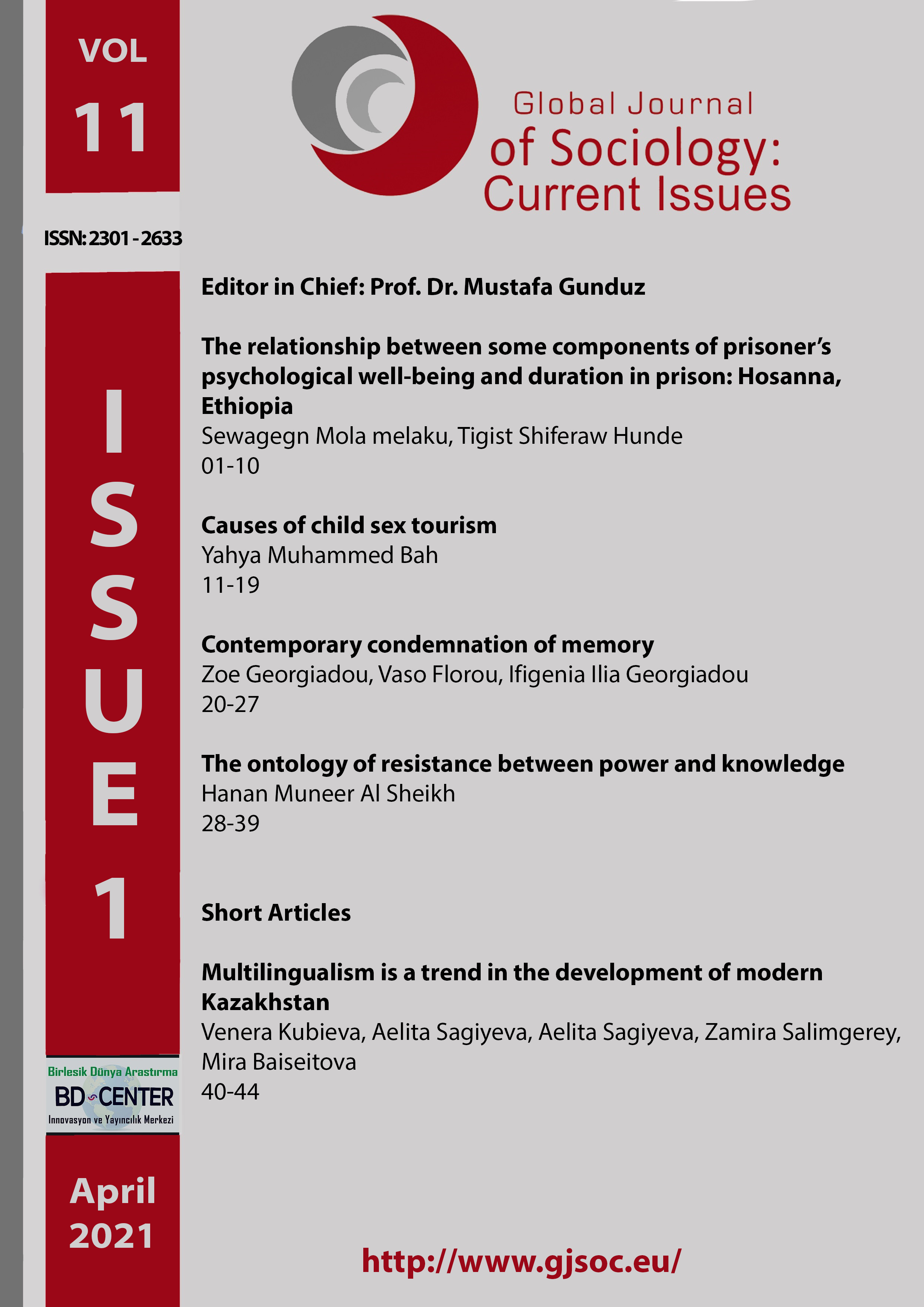Multilingualism is a trend in the development of modern Kazakhstan
Main Article Content
Abstract
The development years of sovereign Kazakhstan show that polylingualism in the society not only infringes on the rights and dignity of the Kazakh language but also creates necessary conditions for its development and progress. According to the state program for language development, three languages' priority has been approved: Kazakh, Russian, and English. In addition to Kazakh as the State language and Russian as the language of inter-ethnic communication, English is an essential means of communication. The most important strategic task of Education in Kazakhstan is, on the one hand, to preserve the best Kazakh educational traditions and, on the other hand, to provide school leavers with international qualifications and develop their linguistic consciousness, based on mastering the State, native and foreign languages. Meanwhile, as specified in the concept of language policy of RK, the main difficulty in further realization of language policy in Kazakhstan is "creation of optimum language space of the state". On the other hand, we are talking about a professional gap in specialists' training, studying Russian and Kazakh language. Our study used the following methods: UNT 2015-2019, a survey of 1st-year students of ARGU named after K. Zhubanov. The results of the study can be used to develop a methodological complex for training foreign language teachers.
Downloads
Article Details

This work is licensed under a Creative Commons Attribution 4.0 International License.
Authors who publish with this journal agree to the following terms:- Authors retain copyright and grant the journal right of first publication with the work simultaneously licensed under a Creative Commons Attribution License that allows others to share the work with an acknowledgement of the work's authorship and initial publication in this journal.
- Authors are able to enter into separate, additional contractual arrangements for the non-exclusive distribution of the journal's published version of the work (e.g., post it to an institutional repository or publish it in a book), with an acknowledgement of its initial publication in this journal.
- Authors are permitted and encouraged to post their work online (e.g., in institutional repositories or on their website) prior to and during the submission process, as it can lead to productive exchanges, as well as earlier and greater citation of published work (See The Effect of Open Access).
